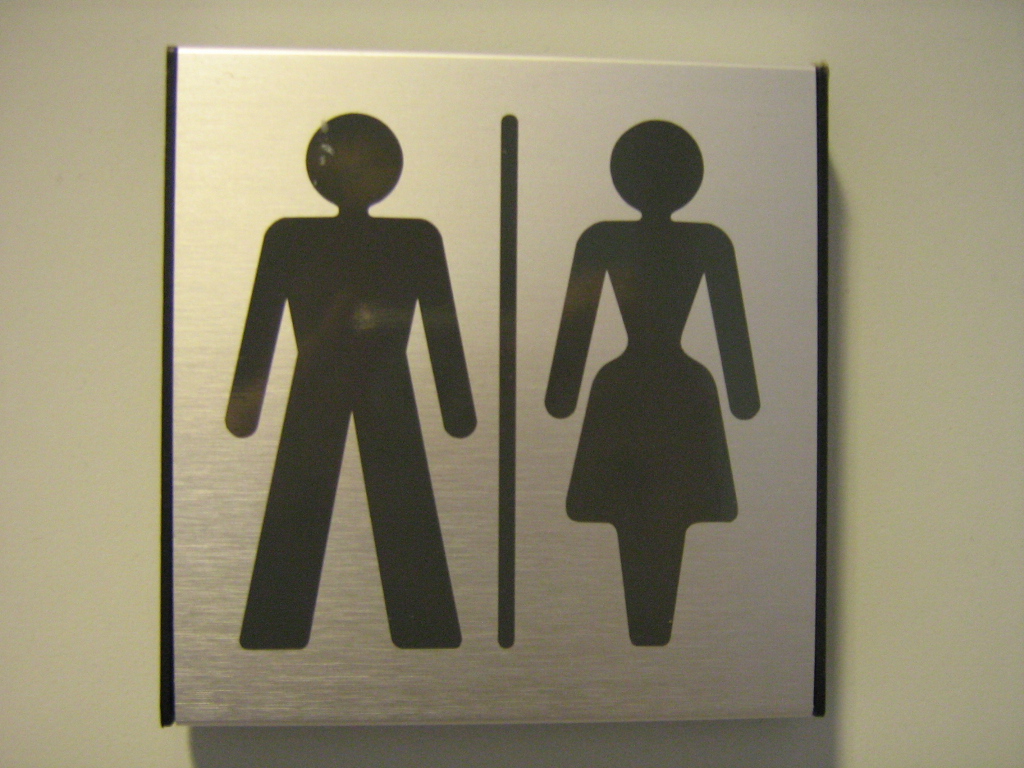
There’s a lot of things that I can’t explain to my parents: why dubstep is popular, why people are vegetarian, why Honey Boo Boo is a phenomenon.
I would never try to explain modern sexuality to my parents, they just got over the whole people-are-gay thing, so I’m not sure I should even try to explain things like pansexuality, transgendered people, and polyamory. I was raised Catholic; my Midwestern family might somehow self-destruct if I mention that I don’t think “straight” or “gay” is truly applicable to many people’s orientation.
I am constantly in the midst of conversations about “girl crushes” between my lady friends, or hearing about “attractive dudes” with the guys. I don’t think that all of these people are ready to jump on the same-sex bandwagon, but I think it says something about our alleged heterosexuality.
Throughout my teens into adulthood, I have met many people who date both men and women, yet they don’t really consider themselves “bisexual.” One minute they’re gay the next they’re not, or they only have feelings for specific same-sex people. The label of queer seems to be the only fitting adjective to describe the lifestyle and preferences of many of my friends, whether they like it or not.
There’s been a trend amongst these 20-something progressive folks of making these super articulate and narrow identities which suit them: pandrogynous, intersexed, genderqueer, and the list goes on. Personally, I think that most of these specifics can be lumped into the category of queer, alongside the endless combinations of identity.
Queer can describe someone whose gender and sexual identity are not considered “normal,” (i.e. man-woman relationship; feminine woman, masculine man). I don’t think that this influx of queerdom has anything to do with the “gay agenda” or anything of the like, but slowly and surely, people are becoming less hostile towards same-sex tendencies. Take that with a grain of salt of course, because intolerant people are still plentiful, but hopefully as time goes on, those numbers will dwindle into obscurity (we can hope.)
The bottom line here is that the strictly binary system of sexuality from the past is becoming arcane, new identities have flourished in the early 2000’s exploring relationships with the self and others to construct an authentic sense of identity. This is nothing that people should fear, instead this is a chance to help foster a sense of community and tolerance, especially for the upcoming generations.